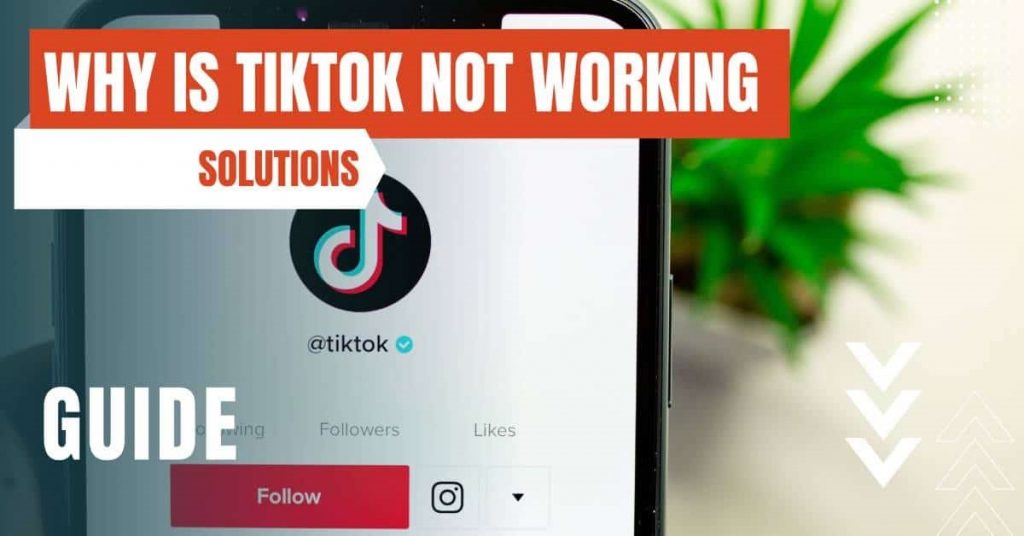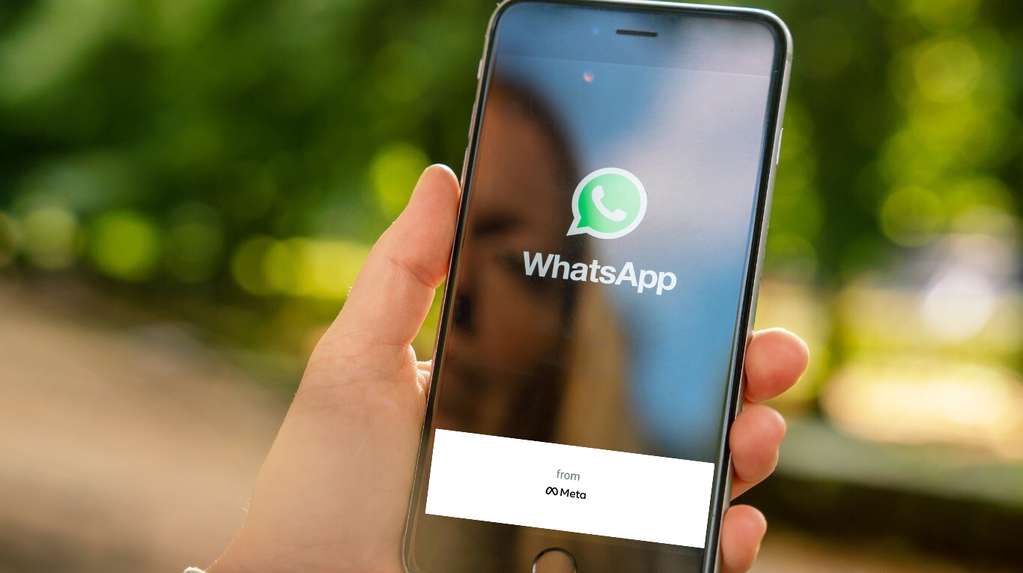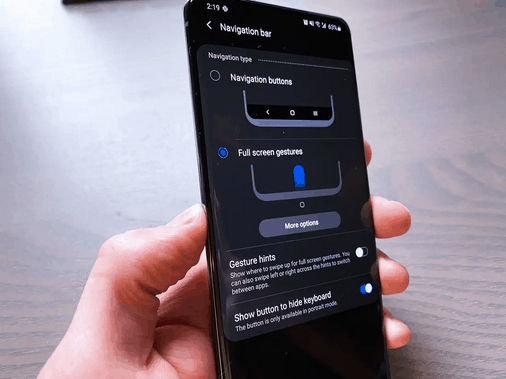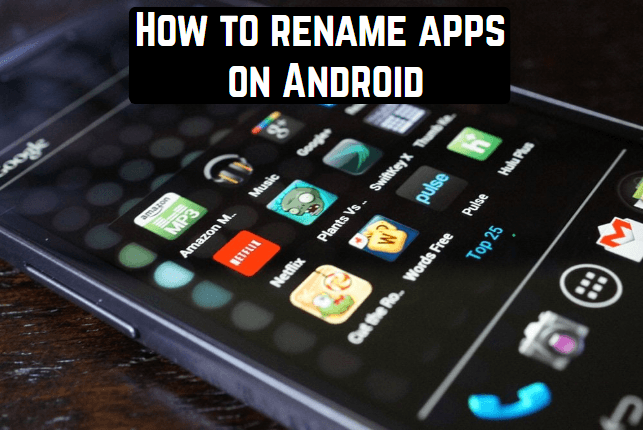How to stop Android apps running in the background

We’ve all been there; that wonderful moment where our brand new smartphone is unveiled to us. We take it out of the box, switch it on and become transfixed at how quick it all seems to be. We can’t believe we lasted so long with our older model – that slow, unresponsive device we’ve had for around a year now. But the magic seems to die off once we get our hands on our new device.
Over time it too becomes slower, less responsive, the battery begins to die quicker and that magical feeling of “wow, this is awesome” slowly decreases. But rather than considering a brand new device, you should look at stopping the Android apps which are running in the background.
Taking Back Control
It’s time to take control over your apps once more. They have a tendency to sit lurking in the background, slowly draining your battery and consuming your RAM. But no more. We’re here to help you regain control. And it’s very easy to do so.
First of all, you’ll want to unlock “developer options” if this isn’t already available to you.
- Open your “Settings”
- Tap on “About Phone” or “About Device”
- Find the tab for “Build Number”
- Tap “Build Number” around seven times. This will unlock developer options for you.
Once you’ve done that, you’ll want to go back into “Settings” —> “Developer Options”.
Depending on your device you’ll want to find something that says “Processes” or “Running Services” or something similar. That will bring up a list of all of the apps and services which are running on your device, as well as the toll they are taking to your precious RAM. Now you might be thinking, ‘I’ll just go ahead and end all of these.’ That would be bad and we highly recommend you don’t.
Certain processes are required for your device to remain operational and if go and end them, it can cause problems. As a general rule of thumb, if the process has Google in the title, leave it well enough alone.
Knowing What To End
So what can you stop without the fear that you’ll be ruining your Android? Pretty much anything else – to an extent. You’ll no doubt have a string of social apps in there, such as Facebook, WhatsApp or Instagram. These can be ended without any worries to how your device performs. Next look for things like e-mail clients, music players, perhaps certain games have launched themselves in the background, waiting to bother you with push notifications.
Once you’ve ended those you’ll likely experience a fresher, more responsive Android in your palm. Of course as you use it, it will get bogged down again with apps like this which you can end. As technology improves and advances, we’re getting smartphones which have better battery life, that can automatically prevent major RAM depletion from apps and that are smart enough to try and maintain the performance of the device.
If you have a relatively old Android (we all know someone with a device from 2010) then it might be worth looking at investing in a new model – you’ll be amazed at how different things will feel.
Using Apps To Kill Tasks Automatically
Some people recommend that you use an app which is designed to improve your battery life and automatically end tasks which aren’t necessary. Other’s believe this will only make things worse. The trouble is that if you have an app automatically ending an app, that app will likely restart itself – which will cause it to be ended. This cycle will repeat and in actual fact will deplete your battery much, much quicker than if you hadn’t tried to do anything in the first place.
Rooted devices also have a lot more freedom in regards to ending processes and utilizing the tools at their disposal, however as we wouldn’t recommend you to root your Android, the above method will work absolute wonders for you just by itself.




